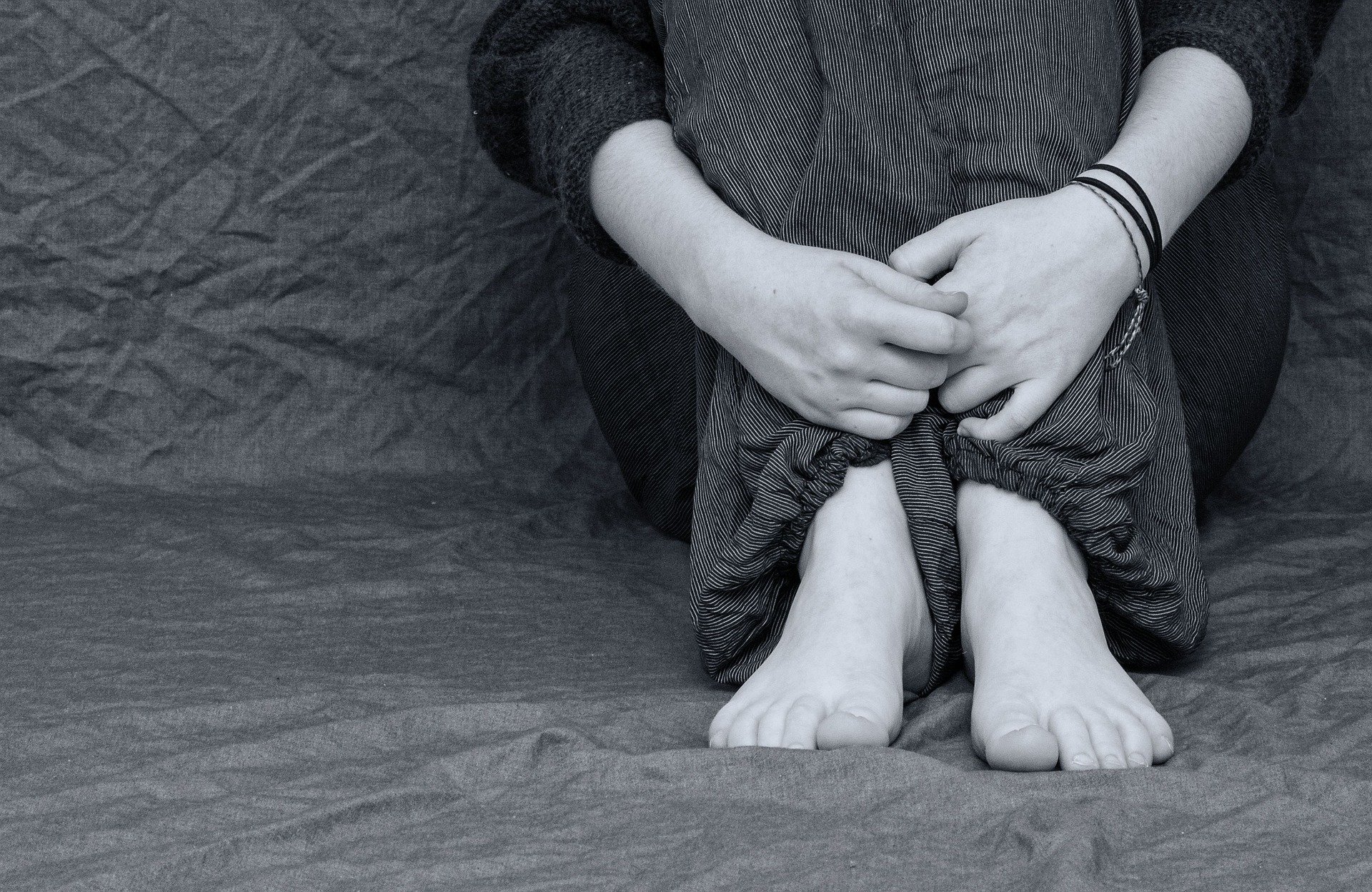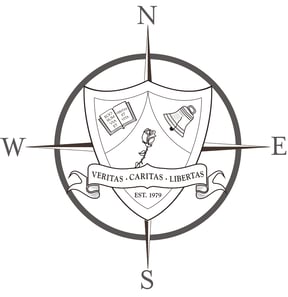A guest post from Anna Bachiochi, a member of the Montrose School class of 2020
In this unprecedented time of confusion and fear, the news is full of stories about people who react in the craziest of ways: people buying every roll of toilet paper in the store, others sharing obviously fake remedies and cures, and still others ignoring our government’s physical distancing mandates and attempting to live life as if nothing has changed.
So I wanted to know: what causes people to act in such irrational ways? How can we ourselves know if our own decisions are rational or not? I spoke with our resident psychologist, Associate Director of Montrose’s LifeCompass Institute Mrs. Kris, to find out.
First, I talked to Mrs. Kris about what exactly fear is and what it does to the brain. Mrs. Kris said: “Fear is a really uncomfortable emotion, but it’s absolutely vital. It’s your friend.” In a nutshell, fear is the brain’s way of warning you that danger is present and of helping you prepare to defend yourself against that danger. But the brain’s reaction to fear is very instinctive. We share this part of our brain with many other animals, and it is not always governed by reason. Mrs. Kris said that it is important to listen to your fear, but it is only one datapoint among many that can help you determine the right course of action.
Our instinctive reactions to fear make it more difficult to view a situation with clarity, however. When our brains perceive a possible threat, they usually want us to do one of the following: fight, flee, or freeze. Sometimes one of these three options is the right response to a situation (such as in our current situation, when following an instinct to flee to the safety of our homes and away from public areas where we may contract the virus is a good idea), but sometimes they are not.
These situations are where courage comes in. Mrs. Kris said: “Courage is not a denial of fear, which is probably there for a good reason, but the decision to have the right response anyway.” When we are courageous, we acknowledge our fear, but we also look beyond ourselves and weigh the other factors involved in order to make the right decision.
But what happens when people are not courageous? What happens when people let their instincts of fear make their decisions for them? The current pandemic is riddled with things that our brains often tag as threats, including fundamental changes in routine, new information that is confusing and difficult to process, constant reminders of the fragility of our lives, and much much more.
There are many prime examples of the effects of people being driven by their fear in the news today: the stories of people fighting for the supplies in a store or the interviews with college students who refuse to leave the beaches of Miami because they will not let the virus interrupt their spring breaks.
When I asked Mrs. Kris about these college students, she reminded me of the enormous power of groupthink, a power that only grows when people feel the scary effects of fear: “Yes, there are cues from the news, but people look for cues from their immediate communities.” Mrs. Kris said that these students find it easier to ignore the warnings from the government and experts if everyone around them is doing the same thing. On the flip side, people are more likely to engage in physical distancing if everyone else in their immediate community is engaging in it too.
We’ve examined what happens when a person allows their instincts of fear to control their decision making. But what about the reverse? What happens when people choose to be selfless, creative, and loving even in the face of immense fear and uncertainty?
Well, these people, through their everyday decisions to be courageous, become the heroes of this pandemic. They are the doctors, nurses, and other health care workers that risk their own lives and the lives of their families to care for the sick every day. They are the people who sing and cheer from their balconies to keep their local communities alive. They are the mothers who make free homemade lunches for any kid in the neighborhood who needs one — no questions asked. They are the parents and the educators who continue to educate the next generation. They are the people who use their influence and new-found free time to share goodness with the world.
How can you become one of these people? Mrs. Kris says that it comes in baby steps. One of her favorite quotes is from Susan David, who said: “courage [is] fear walking.” In order to make the right decision in a moment of fear, said Mrs. Kris, you need to walk with that fear. Not ignoring it or diminishing it, but recognizing that something else comes first. If you are experiencing a lot of fear right now, Mrs. Kris recommends engaging in calming activities to let your body know that its fear is not the most important thing right then. Deep breathing, prayer, meditation, exercise, going outside, or engaging with something beautiful can allow us to assess a situation with rationality.
Mrs. Kris also suggests brainstorming ways that you can give to someone who might need a little extra help right now, such as calling a lonely neighbor or helping a sibling with schoolwork. This outward look both gives you a measure of control over your situation and gives someone else some much needed assistance in a hard time — that sounds like a win-win to me!






